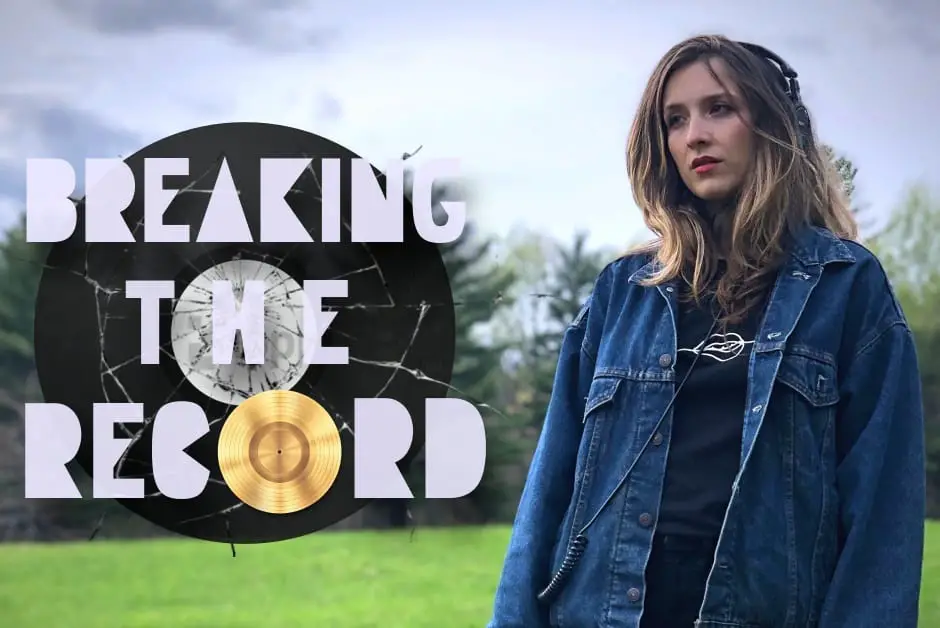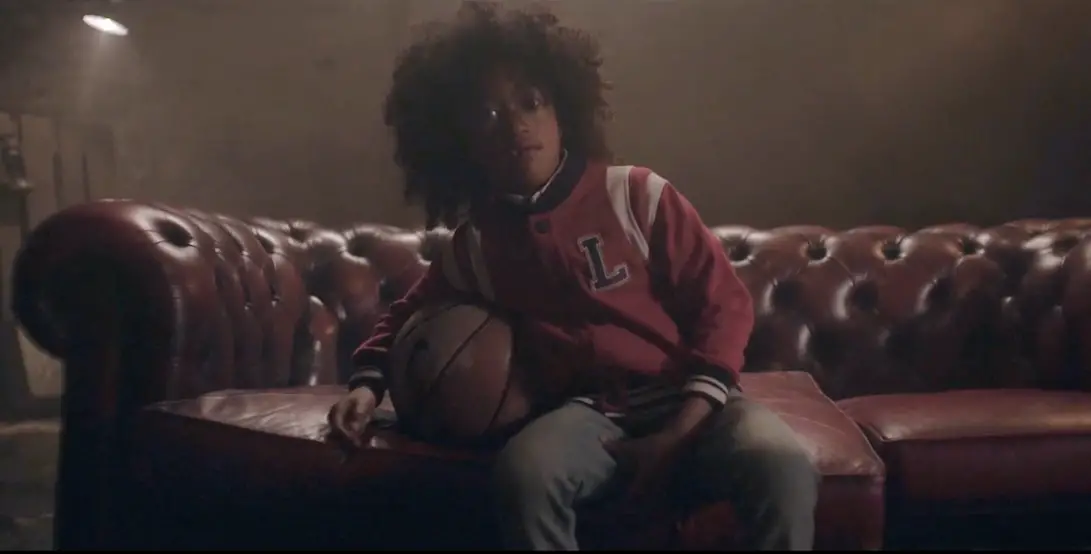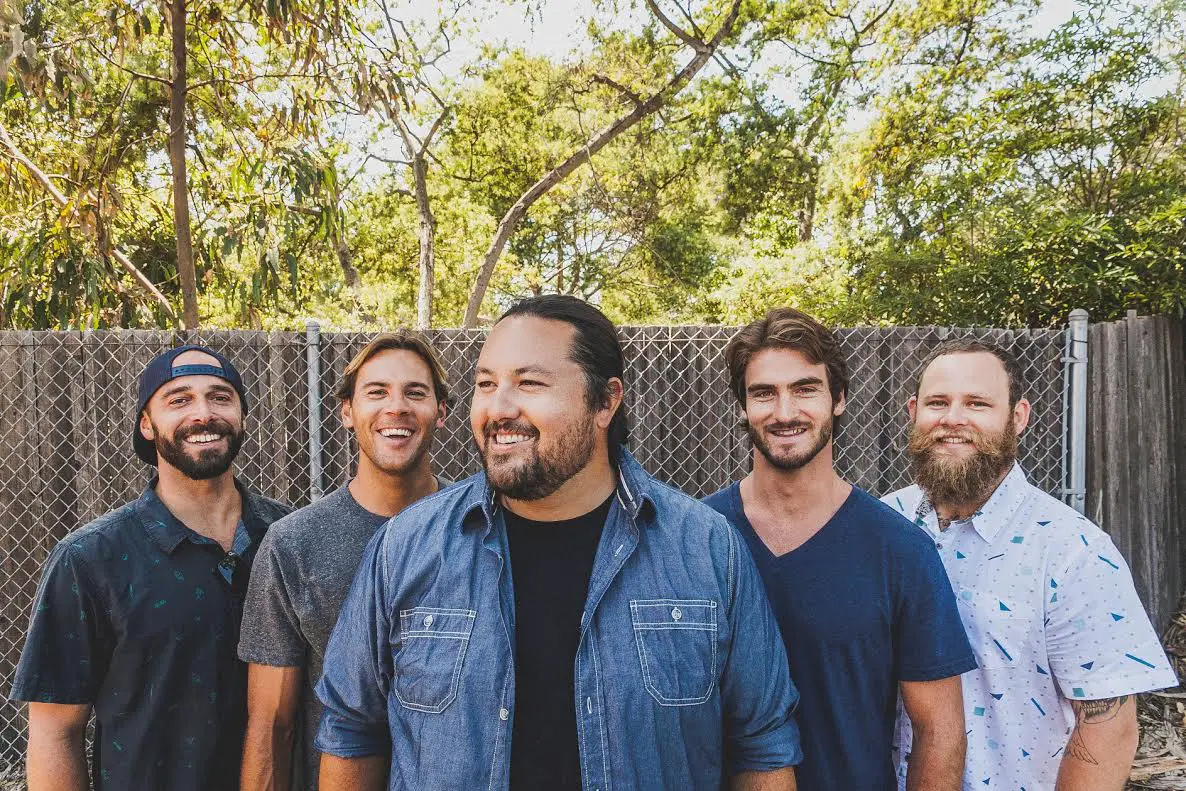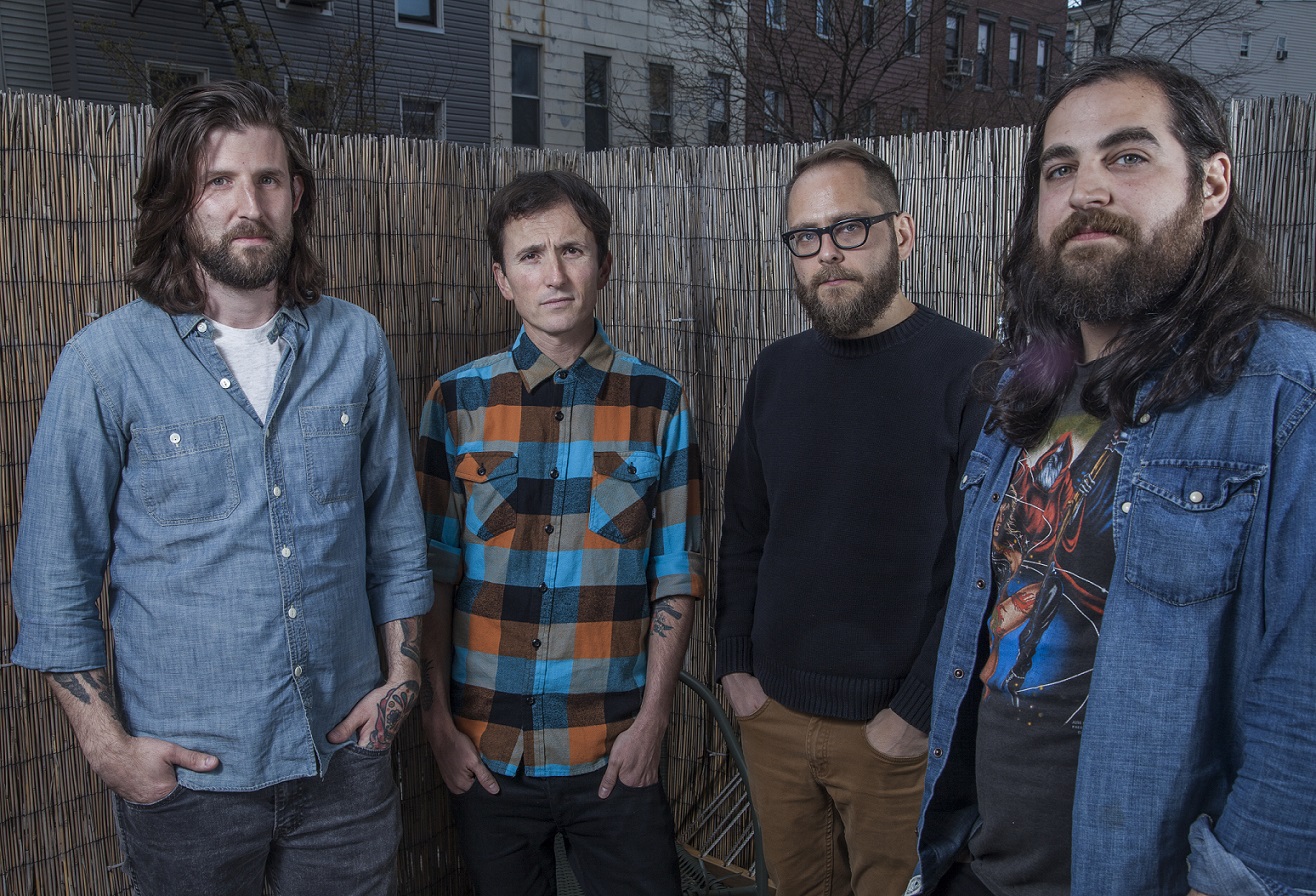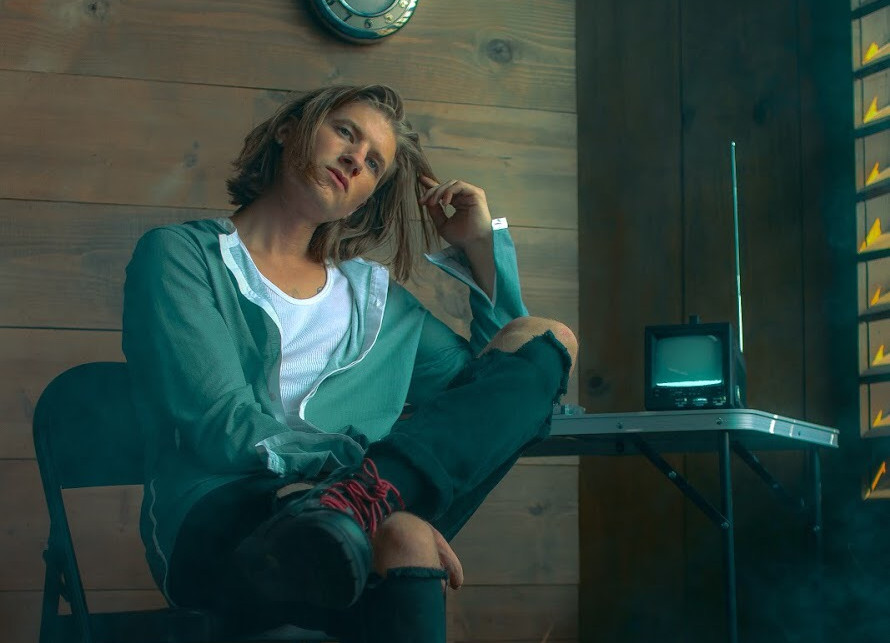Jackie McLean of the indie band Roan Yellowthorn shares ways to fight for equality.
— —
I’m seeing a lot of people breaking their silence about systemic injustices in this country. I hope it lasts longer than a news cycle. People are taking to the streets to protest unfair treatment of black people in America. All over the world and the country, people are demanding equality.
It’s been 57 years since the March on Washington, and equal rights have not yet been achieved. But they will be. Something has broken open. A tight-fitting garment has split at the seam. A shell has cracked. A bud has unfurled. I hope that this is the beginning of real change. White people are talking openly about injustice. We’re having conversations about implicit bias and systemic racism. I’ve never seen this happen on this scale in my lifetime. It’s a promising sign.
And there’s no more time to waste. Black people are jailed at more than five times the rate of whites. Black people are dying of Covid-19 at twice the rate of other races. In a study of median wealth, the median black family was found to own only $3,500 in wealth while the median white family owns nearly $147,000. This means that median black families own only two percent of what median white families own. This wealth disparity is massive, unjust, and truly insane.
Lack of wealth translates into instability and lack of opportunity. It negatively affects mental health. It can lead to chronic health conditions. Its effects reach into every area of life.
Why is there such a wealth disparity? Because of systemic racism baked into the fabric of American society. Because of the long legacy of employment discrimination, black families are far less likely to have retirement accounts and other forms of tax-advantaged savings. Because of a long legacy of housing discrimination, black people are far less likely to be homeowners and thus less able to access the savings and tax benefits of homeownership. Because of job market discrimination, black people are far less likely to attain high powered, high paying jobs.
Once the cycle of oppression is in motion, it’s difficult to disrupt. While the average white family is able to accumulate wealth over generations, the average black family isn’t. And, of course, the more money you have, the more tax incentives you become eligible for. Many systemic, institutionalized factors not only perpetuate the cycle of inequality but exacerbate it.
Ultimately, this cycle started with slavery, when white bodies profited off of the physical, unpaid labor of black bodies. This disparity has never been mended. The chasm of wealth disparity has only widened in recent decades.
The only thing that can close this wealth gap and, at a fundamental level, a foundation of inequality, is far-reaching and persistent attention to wealth creation on a policy level. This is why voting matters so much.
And this is not even exploring the emotional and spiritual effects of long-term oppression on a people. Systemic oppression, physical and economic violence, discrimination – these all erode physical, emotional, and spiritual health.They compromise the sense of self. They cause depression and frustration, grief and pain. They snatch away hope. This is profoundly wrong.
For decades, black people have been fighting for their lives. They have not had a choice in the matter. It is dangerous to be a black person in America. It’s time for white people, as the racially privileged group, to work to dismantle unjust systems and implement ones based on equality.
The first step is understanding. The second step is action.
What can you do to fight for equality?
As white people, we must become comfortable with feeling uncomfortable. Learning what to say and do is uncomfortable. Learning about white supremacy is uncomfortable. It’s supposed to be. It’s a step towards dismantling structures that serve to oppress. As humans, our fates are all intertwined. When there is danger, no one is safe. When there is oppression, no one is free.
Here are some things that we can do:
Read books
White people can no longer have the luxury of ignorance. Here are some books that I’ve read or ordered lately that I recommend and hope to learn from:
- White Rage by Carol Anderson
- White Fragility by Robin DiAngelo
- The New Jim Crow by Michelle Alexander
- A People’s History of The United States by Howard Zinn
Give money
The reallocation of resources is a major step in rectifying inequality. Support black-owned brands, support black work, support black creators. Donate money to organizations fighting for justice. Support grassroots work. Here are some good organizations that I’ve found to donate to:
- Reclaim the Block https://www.reclaimtheblock.org/home
- Black Visions Collective https://www.blackvisionsmn.org/
- The Bail Project https://bailproject.org/
- The National Bail Fund Network (by state): https://www.communityjusticeexchange.org/nbfn-directory
here is a really good, comprehensive aid resource broken down by state
Act
Acting can look like a lot of different things. Acting can look like actively listening to someone else’s experience. Acting can look like joining a protest. Acting can look like questioning casual racist comments. Acting can look like sitting with discomfort. Acting can look like reaching out to a friend to discuss what you’ve read or to offer comfort and love.
This is by no means the be-all end-all. But it’s a start.
Work cited: American Progress
— —
— — — —

Connect to Roan Yellowthorn on
Facebook, Twitter, Instagram
Discover new music on Atwood Magazine
? © Jackie McLean
:: Breaking the Record ::

